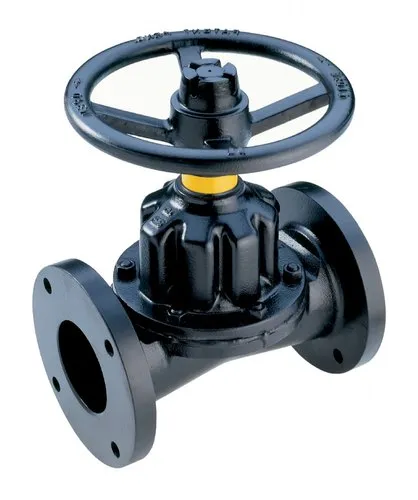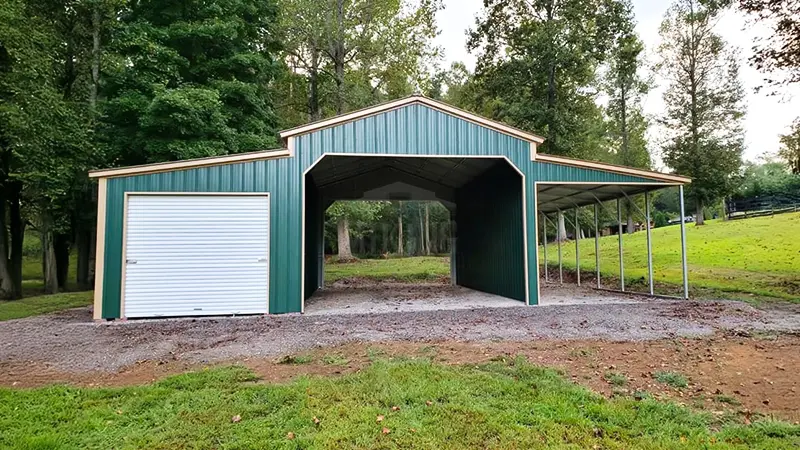Specialised Valve is a name you can trust in the field of Diaphragm Valve Manufacturers in India, which we at Speciality also put forth high-quality and very durable valves for your industry. In all sectors, which include pharmaceutical, food processing, chemical, water treatment and mining, we see wide-scale use of diaphragm valves in our markets, which we attribute to the great shut-off and regulation properties they provide.
What is a Diaphragm Valve?
A diaphragm valve is a valve that uses a flexible diaphragm for control of fluid flow. The diaphragm seals at the top of the valve body, which in turn do away with leaks. Also, these valves are very much in use for handling aggressive, abrasive, and viscous fluids.
How Does a Diaphragm Valve Work?
In a diaphragm valve, we see a stem which is connected to a compressor that in turn forces the diaphragm down onto the seat, thus which in turn stops fluid flow. When the stem is raised, the diaphragm goes up, which in turn allows the medium to pass through. This design also provides a tight seal, which, in addition, prevents contamination between the actuator and the process media.
Diaphragm Valve Parts
In a diaphragm valve, the key elements are:.
- Valve Body, which contains the flow passage and also connects to the pipeline.
- Diaphragm – a flexible elastomer or PTFE membrane which seals the flow path.
- The bonnet which covers and protects the valve internals.
- Stem/Compressor which operates the diaphragm up and down for opening and closing.
- Surface at which the diaphragm seals to stop flow.
- Actuator or Handwheel for manual and automatic control.
Diaphragm Valve Applications
Diaphragm valves are used in:
- Water and wastewater treatment plants
- Pharmaceutical and biotech industries
- Food and beverage processing
- Chemical manufacturing
- Mining and slurry handling
- Power generation cooling systems
Diaphragm Valve Functions
- Provide a full stop for both liquids and gases.
- Enable precise throttling and flow regulation
- Prevent contamination in sensitive applications
- Handle abrasive and corrosive fluids effectively
Diaphragm Valve Types
- Weir Type Diaphragm Valve for throttling and general use.
- Straight Through Diaphragm Valve. Also great for slurries and viscous fluids.
- Handwheel-operated diaphragm valve.
- Pneumatically or electrically actuated diaphragm valve for automatic operation for process control.
Diaphragm Valve Vs Globe Valve
| Feature | Diaphragm Valve | Globe Valve |
| Sealing Mechanism | Flexible diaphragm seals against a seat | Disc seals against a seat |
| Leak Prevention | Excellent leak-proof design | Good, but may require packing |
| Media Handling | Suitable for corrosive and abrasive media | Better for clean fluids |
| Maintenance | Low, with replaceable diaphragms | Higher due to packing and seat wear |
| Applications | Pharmaceuticals, slurries, chemicals | Steam, oil, and general-purpose |
Advantages of Diaphragm Valves
- Pharmaceuticals, slurries, chemicals
- Steam, oil, and general-purpose
- Advantages of Diaphragm Valves
- Excellent sealing capability
- Easy maintenance with minimal downtime
Industrial Uses of Diaphragm Valves
- Pharmaceutical process lines for sterile liquids
- Beverage and sauce food processing lines.
- Water treatment chemical dosing
- Slurry handling in mining operations
- Cooling systems in power plants
Industrial Use: Pharmaceutical Manufacturing
In the world of pharmaceuticals, diaphragm valves are essential for maintaining product purity, sterility, and adhering to strict regulatory standards. These valves are widely utilised in the manufacturing processes for sterile water, purified water (PW), water for injection (WFI), and clean steam distribution systems. The clever design of a diaphragm valve keeps the operating components separate from the process media, which effectively eliminates any risk of contamination.
When it comes to drug formulation and vaccine production, diaphragm valves play a key role in managing the flow of delicate fluids like liquid ingredients, culture media, and buffer solutions. Their smooth internal surfaces and minimal dead space help to minimise the potential for microbial growth, and the lack of internal cavities makes cleaning and sterilisation a breeze.
Materials such as PTFE or EPDM diaphragms are chosen for their compatibility with high-purity fluids and their durability through multiple sterilisation cycles, including steam-in-place (SIP) and clean-in-place (CIP) procedures.
Thanks to their hygienic design, reliability, and straightforward validation process, diaphragm valves have become a staple in pharmaceutical piping systems around the globe. Their ability to uphold sterile conditions is crucial for product safety and regulatory compliance, making them vital in the production of life-saving medicines and vaccines.
Why Choose Speciality Valve – Diaphragm Valves
A large variety of types, which include manual and automated.
- High-quality materials such as stainless steel, ductile iron, and exotic alloys.
- Adherence to global hygiene and safety standards.
- Custom fit and pressure ratings for your specific application needs.
- Competitive prices and on-time delivery in India and abroad.
Diaphragm valves we found to be very flexible, reliable and are a must in industries which require leak-free operation and a clean environment. We see proper valve choice as key to process efficiency, safety and in the end, cost savings for the long term. At Speciality Valve, we present to you robust and efficient diaphragm valve manufacturers in India, solutions tailored just for you.
Specifications
- Size Range: 15mm through 300mm.
- Material: Cast iron, malleable iron, stainless steel, alloy steel.
- End Connections: Flange, screw, tri-clamp.
- Pressure Rating: PT10 PT40.
- Temperature Range: From -20 to 200 degrees Celsius.
- Operation: Hand-operated, air-powered or electric actuator.
Visit Us: https://www.specialityvalve.com/product-category/diaphragm-valve/ for bulk orders and customised products
ADDRESS – 41, 2nd floor, Balasundaram Road, Coimbatore, Tamil Nadu 641018













Leave a Reply